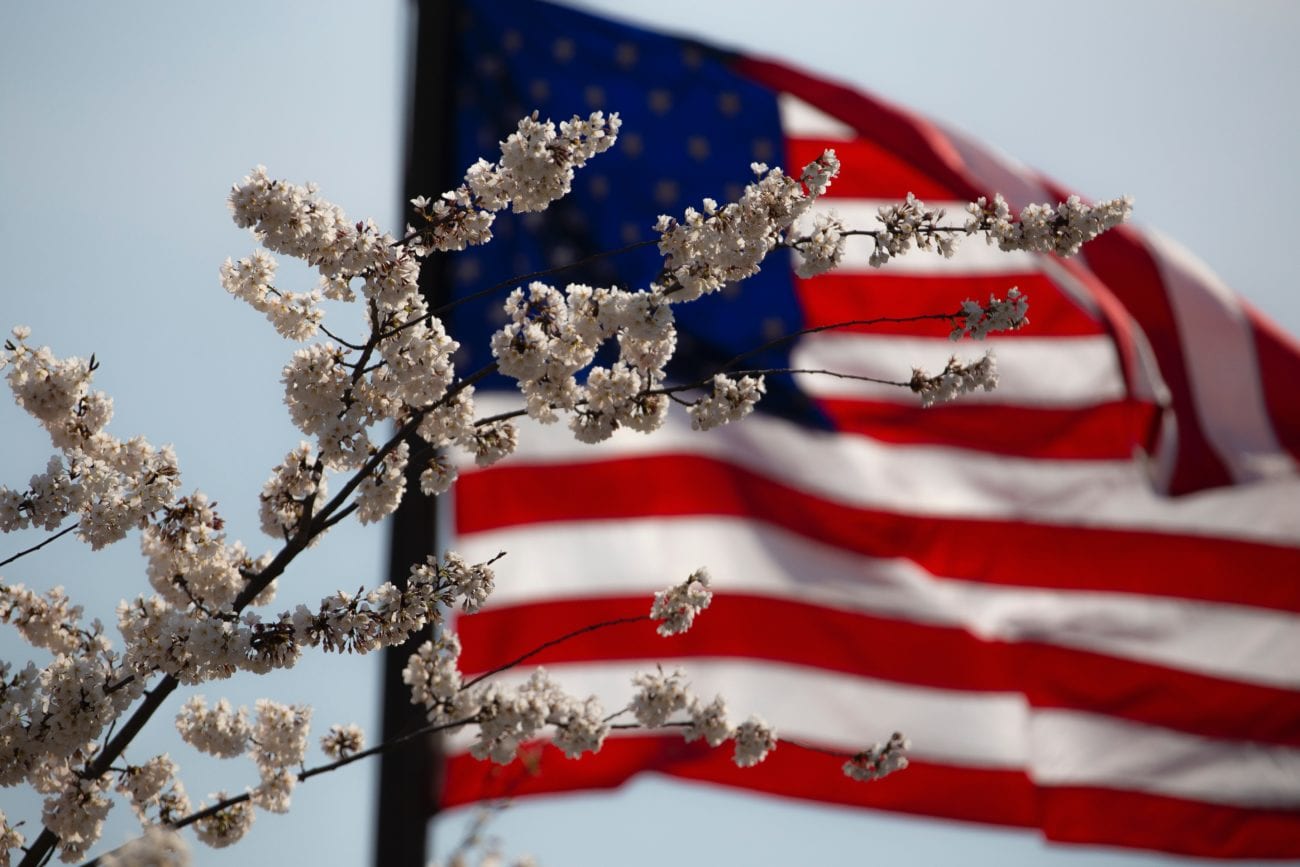US DoJ rules Wire Act applies to all forms of gambling
| By iGB Editorial Team
The US Department of Justice has revised its 2011 ruling on the Wire Act to state that the law’s prohibition applies to all forms of gambling, in what may prove a major victory for opponents of online gambling.

The US Department of Justice has revised its 2011 ruling on the Wire Act to state that the law’s prohibition applies to all forms of gambling, and not just sports betting, in what may prove a major victory for opponents of online gambling.
The revised opinion, issued by Assistant Attorney General for the Office of Legal Counsel Stephen Engel, was issued following a request from the DoJ’s Criminal Division to reconsider the 2011 ruling, which paved the way for the roll-out of online gambling in a number of US states.
“While the Wire Act is not a model of artful drafting, we conclude that the words of the statute are sufficiently clear and that all but one of its prohibitions sweep beyond sports gambling,” Engel explained.
Engel said that he based his opinion on Section 1084(a) of the Act, noting that each of the section’s two clauses established two prohibitions of different forms of gambling.
The first, he said, barred any gambling business from using wire communication facilities to transmit “bets or wagers” or “information assisting in the placing of bets or wagers on any sporting event or contest”.
The second clause barred companies or persons from transmitting wire communications that could allow them to “receive money or credit”, either “as a result of bets or wagers” or “for information assisting in the placing of bets or wagers”.
Engel explained that the first clause, with the mention of sporting events or contests, had ultimately informed the 2011 opinion. However, he believed that as no other mention of sporting events or contests appeared in Section 1084(a), the language referred to all forms of gambling.
The Assistant Attorney General also cited a number of legal cases, such as 1971 and 1999 prosecutions of individuals and businesses for operating non-sports betting gambling, under the Wire Act.
As a result, Engel said that the 2011 opinion, issued in response to a request for clarity from the states of New York and Illinois on whether it banned online lottery sales, incorrectly interpreted the Wire Act.
“The 2011 opinion, in our view, incorrectly interpreted the limitation ‘on any sporting event or contest’ (the ‘sports-gambling modifier’) to apply beyond the second prohibition that it directly follows: the prohibition on transmitting ‘information assisting in the placing of bets or wagers’,” he explained.
Engel went on to acknowledge that the 2011 opinion has been used as a basis for states and state lotteries to regulate online gaming and online sales. However, he added, having concluded that the statute’s language plainly prohibits all forms of gambling, these interests do not justify adhering to this stance on the Wire Act. Instead, he said, there was scope for Congress to amend the law.
“Moreover, if Congress finds it appropriate to protect those interests, it retains ultimate authority over the scope of the statute and may amend the statute at any time, either to broaden or narrow its prohibitions,” he noted.
The Wire Act, or Interstate Wire Act of 1961, was drafted on the recommendation of then-Attorney General Robert Kennedy to make interstate gambling illegal in a bid to tackle organised crime in the US. It was then signed into law by his brother, President John F. Kennedy, on September 13, 1961.
The rescinding of the 2011 opinion has been welcomed by the Campaign to Stop Internet Gambling, the anti-iGaming pressure group backed by Las Vegas Sands chief executive Sheldon Adelson.
Former US Senator Blanche Lincoln, an advocate for the group, said she was pleased to see an opinion “that was as problematic legally as it was morally” reversed.
“Today’s decision seamlessly aligns with the Department’s longstanding position that federal law prohibits all forms of internet gambling, as well as with Congress’s intent when it gave law enforcement additional tools to shut down the activity through the overwhelmingly-passed Unlawful Internet Gambling Enforcement Act in 2006,” Lincoln said.
Industry body the American Gaming Association, however, took a more guarded view.
A spokesperson for the AGA told iGamingBusiness.com: “We are reviewing the opinion and the implications to the casino gaming industry, consumers and the eight states that currently offer legal, regulated sports gaming.”
